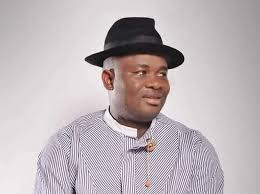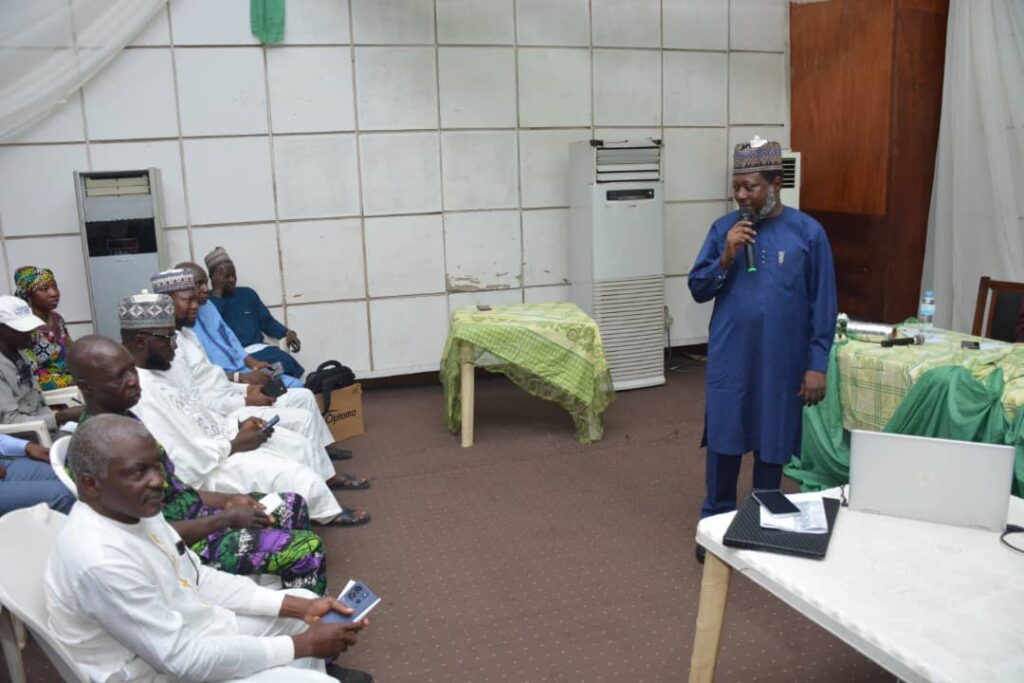Kwara State Government has called on journalists to harness their skills in reshaping the global information and communication landscape through the ethical and professional adoption of Artificial Intelligence (AI).
The State Commissioner for Communications, Mrs Bola Olukoju, made this call on Friday while addressing participants at a capacity-building organised by the Radio Kwara Chapel of the Nigeria Union of Journalists (NUJ), themed “Media in the Era of Generative AI: Fears, Opportunities, and Impacts.”
The Commissioner emphasised the need for media practitioners to remain sharp, ethical, and timely in their reportage.
“As a government, we remain committed to promoting a credible media environment and supporting responsible journalism,” Olukoju said.
In a goodwill message, the State Chairman of NUJ, Abdullateef Lanre Ahmed, represented by Vice Chairman Hajia Binta Abubakar-Mora, applauded the initiative by Radio Kwara NUJ Chapel, describing the training as timely and essential for upskilling practitioners in the digital era.
Also speaking, the General Manager of Radio Kwara, Alhaji Kayode Aremu, reaffirmed the station’s dedication to leveraging AI tools in content production.
He urged journalists to stay current with modern trends, especially in AI-driven reporting techniques.
For his part, the Chairman of the NUJ Radio Kwara Chapel, Abdulrosheed Okiki, reassured members of continued efforts to organise regular training programmes to stay relevant in the digital era.
He emphasised that AI should not be feared as a job threat but embraced as a tool for professional growth.
Delivering the keynote lecture, Chief Executive Officer of Plat Technologies Ltd, Engr. Taofik Abdulkareem highlighted the importance of creativity in deploying AI to strengthen democratic values.
Engr Abdulkareem, who is the State Chairman of Nigerian Computer Society, urged journalists to adopt critical thinking skills, uphold ethical standards, and ensure proper source accreditation in their digital engagements.
“With the rise of AI-generated content, it will become increasingly difficult for the public to distinguish between credible and false information without the guidance of well-trained, ethical journalists.”
Corroborating, a Senior Lecturer at the Department of Mass Communication, University of Ilorin, Dr Oba Abdulkadri Laaro, called for more investment in the training of journalists in order to enhance service delivery.
Dr Laaro, who is also a member of the Editorial Board of UNILORIN Bulletin, said that the effectiveness of journalists depends on the quality and magnitude of training they are exposed to.
The seminar brought together media professionals, government representatives, and tech experts in a collaborative dialogue on navigating journalism in the age of AI.














